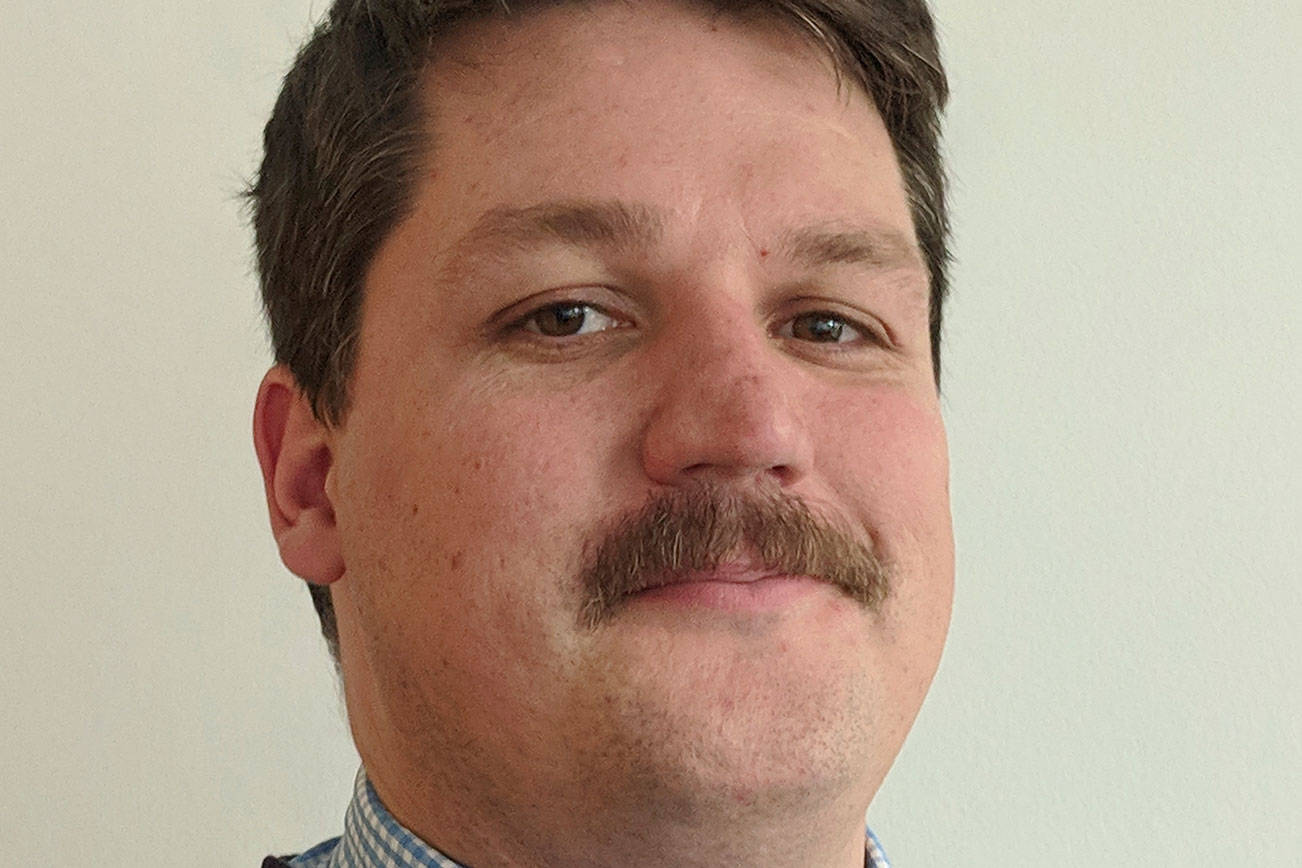First we were hit with a typical rain and wind storm. In typical fashion, it knocked out power for a few hours and downed trees throughout the Eastside.
As senior editor Samantha Pak noted in her past editorial, neighbors who were strangers came together momentarily to address the emergency of the downed trees.
Then, on Dec. 27-28 we received notice that 911 was down. We were fortunate, both in my family and at the office of The Record, that there were no emergencies we needed help solving during the 911 outage.
All of that is in addition to the annual flooding concern the Valley deals with. Just this past weekend, the Tolt and Snoqualmie rivers were monitored for rising water levels.
We’re no strangers to natural disasters here in the Pacific Northwest, but there’s something to modern life that’s comforting. When there is dangerous weather, we’re protected — we’re kept warm by our heaters (many powered by electricity) and when we’re anxious, we can distract ourselves with electronics (TV shows, movies, video games, Internet, music) and get periodic updates to the situation as it develops. And when those protections fail, we have help just a phone call away. And we don’t need electricity to make those calls thanks to our cell phones.
But what happens in a true emergency?
What happens when the comforts are stripped from us and we’re left to survive?
They say “the big one” could strike any time. The thought of a powerful earthquake hitting our metropolitan area and our aged infrastructure is in no way comforting. And how far away will help be when that happens? Will 911 work — will the calls go through?
When the earthquake shook Alaska last month, I was reminded of how vulnerable we are, even in our heavily populated, well-served area. When I went to the grocery store later in the week, I bought a few gallons of water and a few extra cans of prepared food and nonperishables. They’re on a shelf in the garage.
Following the 911 outage, I’m sure I’ll find myself at a grocery store in the next week, and I’m sure I’ll put a couple emergency supplies in the cart.
For me, a little bit at a time is more manageable than buying all of the supplies at once, and I’ve been collecting a few here and there for years.
When the water gets close to its expiration stamp (though I’m not completely convinced that’s accurate), I use it to make coffee, or to fill the dog’s bowl. When the food is nearly expired, it’s a side dish with one of our meals.
But sometimes it comes in handy. When we lived on the coast, we had a boil-water advisory for a week — it was easier to bring a few gallons of water in from the garage and replace them the next time I went to the grocery store than to boil water every time we needed to cook or brush our teeth.
In the end, you never know what you’ll need or when you’ll need it. But if you start making some preparations now, you’ll be happy for what you have if you do ultimately need it.
Take some time to review the state’s Emergency Management Division’s website (https://mil.wa.gov/emergency-management-division) where you’ll find tips and resources. And as Samantha Pak noted in her editorial, get to know your neighbors all the time, not just when an emergency strikes.
Happy New Year from us to you and yours.
If you have the time, I would love to hear your thoughts on emergency preparedness or any other topic that’s important to you during my coffee with the editor event 10 a.m. to noon on Friday, Jan. 11, at The Black Dog in Snoqualmie (8062 Railroad Ave.). You bring the conversation and I’ll buy the coffee. I look forward to meeting you there.



